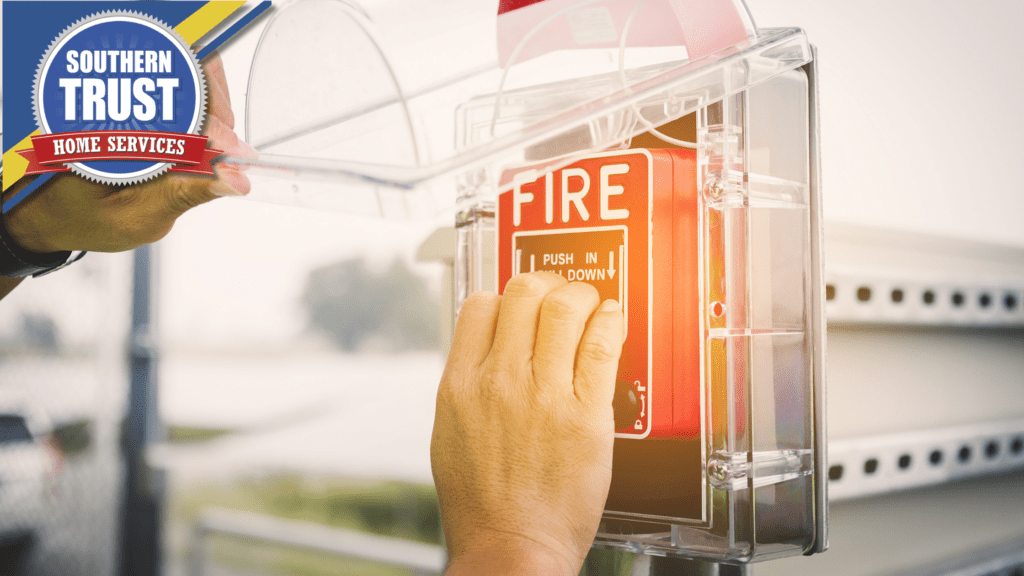October is not only the month of falling leaves and pumpkin spice lattes; it’s also Fire Prevention Month. This annual observance provides a crucial opportunity to raise awareness about fire safety and prevention, a topic that concerns everyone, including homeowners.
1. Leading Cause: Electrical failures and malfunctions are among the leading causes of residential fires in the United States. According to the National Fire Protection Association (NFPA), fire departments responded to an estimated yearly average of 46,700 home fires involving electrical failure or malfunction.
2. Age of Homes: Older homes are more vulnerable to electrical fires due to outdated wiring systems that may not meet modern safety standards. Homes built before the 1970s may have electrical systems that are not equipped to handle the demands of today’s appliances and electronics.
3. Heating Equipment: Heating equipment, including furnaces, space heaters, and fireplaces, can pose fire hazards if not properly maintained. Most heating-related fires occur during the winter months when heating systems are in high demand.
Let’s discuss how homeowners can take proactive steps to protect their homes during Fire Prevention Month, and throughout the year, because safety never stops.
Electrical Safety Tips
1. Regular Inspections: Schedule annual electrical inspections to identify potential hazards like outdated wiring, overloaded circuits, or damaged outlets.
2. GFCI Outlets: Install ground fault circuit interrupter (GFCI) outlets in wet areas like kitchens, bathrooms, and outdoor spaces to prevent electrical shock.
3. Surge Protection: Invest in whole-house surge protectors to safeguard your home against voltage spikes that can lead to fires.
Heating Safety Tips:
1. Maintenance: Schedule annual HVAC maintenance to ensure your heating system operates safely and efficiently. Professionals will check for issues like clogged vents or faulty electrical components.
2. Clean Chimneys and Flues: If you have a fireplace, clean the chimney and flue regularly to prevent the buildup of creosote, a highly flammable substance.
3. Space Heaters: If using space heaters, keep them at least three feet away from flammable materials and never leave them unattended.
4. Carbon Monoxide Detectors: Install carbon monoxide detectors near sleeping areas to detect any leaks from gas heating systems.
Fire Prevention Month serves as a vital reminder of the role electrical and heating systems play in safeguarding our homes. By staying informed about potential risks and following these safety tips, homeowners can reduce the risk of electrical and heating-related fires, ensuring a safer and more comfortable living environment for their families. Don’t wait for October to prioritize fire prevention; make it a year-round commitment to protect your home and loved ones.

